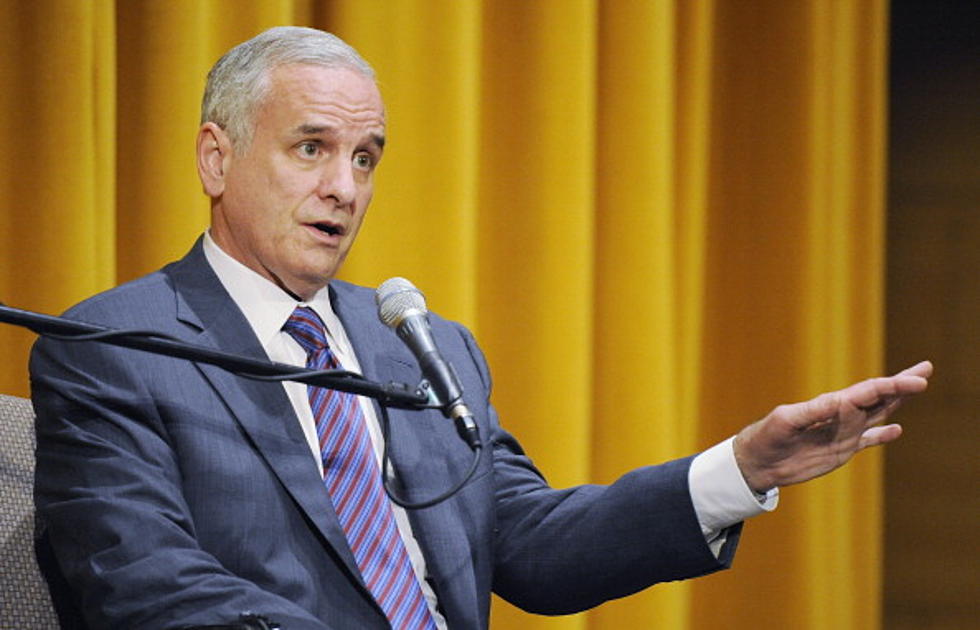
The End Of Minnesota State Shutdown Appears Within Sight
The end of the shutdown seemed on the horizon late last week, then both sides met and things slowed down. While there are seemingly some hard feelings from both sides it, looks like there is starting to be some progress in getting Minnesota back to work and having services restored.
A state government shutdown that put thousands of employees out of work, shuttered parks, halted road projects and kept Minnesotans on edge for weeks was within hours of ending on Tuesday night, as legislators reluctantly began passing a compromise budget.
"We have a job we need to get done here," said House Majority Leader Matt Dean, R-Dellwood. "We're going to take some chances, we are going to take some risks and we are going to move forward."
Highlighting the rush to finish, legislative leaders gaveled in the special session even before some of the largest and most controversial bills had been finalized and released to the public and other lawmakers.
Legislators pushed toward midnight to finalize a $35.7 billion budget that would end the longest state government shutdown in recent U.S. history.
Earlier, DFL Gov. Mark Dayton ordered a brief special session that legislative leaders were honor-bound to end no later than 7 a.m. Thursday. Despite grumbling on both sides, legislators on Tuesday pledged to work through the night if necessary to pass all outstanding GOP-crafted budget bills.
House Speaker Kurt Zellers, R-Maple Grove, called the budget deal the "essence of compromise," and said it included "some reforms ... that will change our state for a generation."
But House Minority Leader Paul Thissen, DFL-Minneapolis, called it "the most irresponsible budget in state history. Their budget forces the state to beg from seniors and the disabled with draconian budget cuts, borrow money to temporarily fill the deficit with one-time funds and steal from our children's future by expanding the K-12 school shift."
Few DFLers voted for the budget bills, and most Republicans voted for passage without comment -- a stark contrast from the congratulatory speeches typically offered by the winning side when its bills pass.
Details of the budget bills dribbled out through the evening, along with the projects that made up a hastily composed, $500 million bonding bill. The capital investment plan sends nearly 40 percent of the money to colleges and universities, numbing some of the sting of higher education budget cuts.
The massive health and human services was one of the last bills to be released. At $11.3 billion, it protects those already insured and current eligibility levels but does cut payments to health care providers. The bill phases out by 2019 the 2 percent health care provider tax that funds MinnesotaCare. The K-12 bill requires local districts and state to develop teacher evaluation plans, boosts special education funding and accelerates payments to charter schools.
More From B105

![How Government Shutdown is Affecting Us Locally in the Northland [VIDEO]](http://townsquare.media/site/150/files/2013/10/gvt-shutdown.jpg?w=980&q=75)







